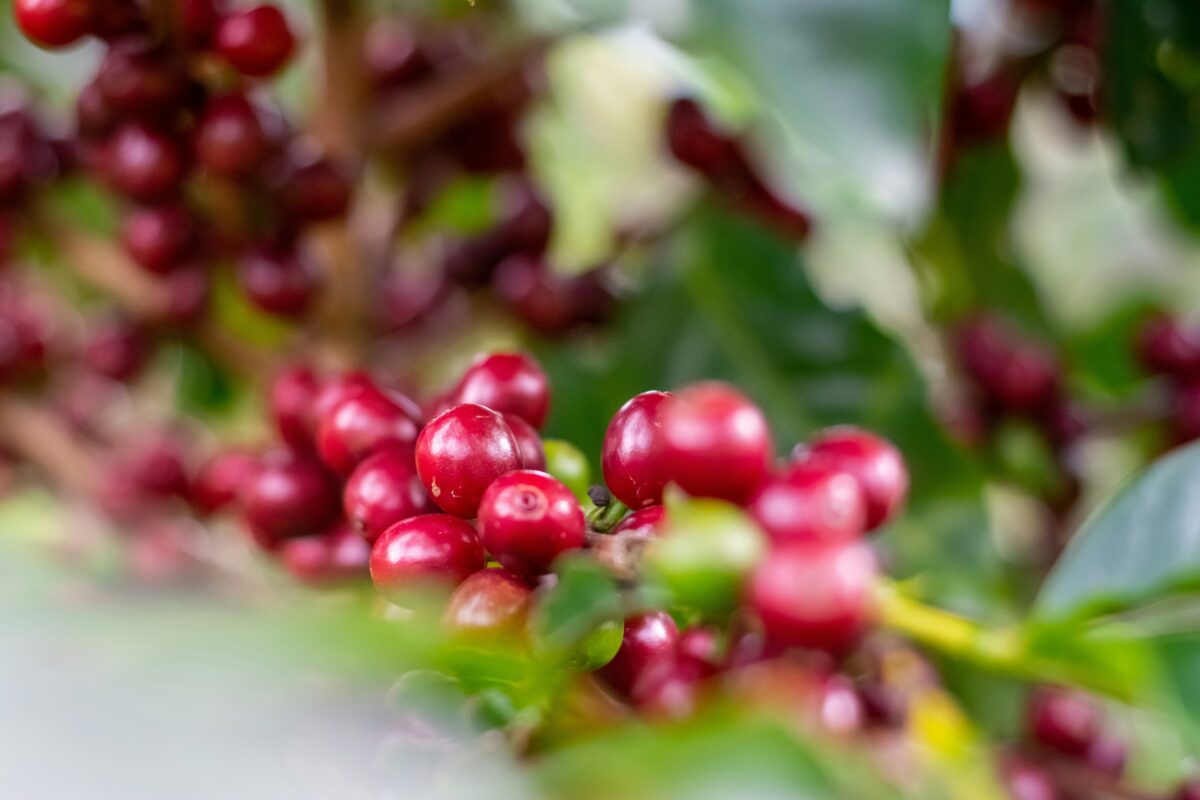A Hope for Coffee’s Future: The Rise of Excelsa Beans

Exploring a potential savior for our beloved cup of joe: the Excelsa bean. Climate change poses a serious threat to coffee crops, prompting researchers to scramble for solutions. One promising answer lies in Excelsa, a member of the Liberica coffee family.
Excelsa’s story is one of rise, fall, and potential resurgence. It once held a prominent position in the coffee world, but processing challenges led to its decline. However, a closer look reveals a treasure trove of desirable traits within Excelsa beans. They are warriors against disease, boasting a robust resistance that shields them from common coffee afflictions. Furthermore, Excelsa trees are high-yielders, producing bountiful harvests for farmers.
Perhaps the most exciting characteristic of Excelsa lies in its flavor profile. Unlike its Liberica kin, Excelsa leans towards the beloved Arabica bean in terms of taste. This makes it a strong contender for replacing Arabica in regions where climate change is rendering the current favorite unsuitable for cultivation.
The potential of Excelsa extends beyond flavor. With its inherent disease resistance and high yields, Excelsa offers a beacon of hope for coffee growers facing financial hardship due to climate-induced crop failures. Ugandan farmers have already begun embracing Excelsa, integrating it into their crops. Their success stories pave the way for a wider adoption of Excelsa in the years to come.
The journey of Excelsa is far from over. Researchers are delving deeper into its potential, exploring ways to optimize its cultivation and processing methods. If all goes well, Excelsa could become a champion for coffee sustainability, ensuring our continued enjoyment of this delicious beverage.
The article also dives into the intricate world of coffee bean varieties. It differentiates between the three main types: Arabica, Robusta, and Liberica. Arabica reigns supreme in the specialty coffee market, prized for its complex and nuanced flavors. Robusta, on the other hand, is known for its bitterness and higher caffeine content. It often serves as a base for espresso blends and instant coffee. Liberica, the family to which Excelsa belongs, is the least common of the three, accounting for only a small fraction of global coffee production. Historically, it faced challenges related to processing and flavor, leading to its limited use.
The article explores the reasons behind the decline of Arabica coffee due to climate change. Arabica thrives in specific temperature ranges and is susceptible to diseases and pests. Rising temperatures and erratic weather patterns disrupt these ideal growing conditions, jeopardizing Arabica crops in many regions.
The possibility of Excelsa replacing Arabica is a topic of discussion within the article. While Excelsa shares some flavor similarities with Arabica, it possesses a distinct taste profile of its own. Some coffee experts believe that Excelsa could carve out a niche for itself in the specialty coffee market, offering a unique flavor experience for adventurous coffee drinkers.
The impact of Excelsa’s potential resurgence goes beyond the realm of coffee. The article explores the economic and social implications for coffee-growing regions. Coffee is a vital source of income for millions of farmers around the world, and climate change threatens their livelihoods. The adoption of Excelsa could provide these communities with a safety net, ensuring the sustainability of their coffee production and economic well-being.
In conclusion, the article on Excelsa paints a hopeful picture for the future of coffee. This often-overlooked bean presents a compelling combination of disease resistance, high yields, and a flavor profile that bridges the gap between Arabica and Robusta. As researchers unlock its full potential and farmers embrace its cultivation, Excelsa has the potential to become a champion for coffee sustainability, safeguarding our favorite beverage for generations to come.
